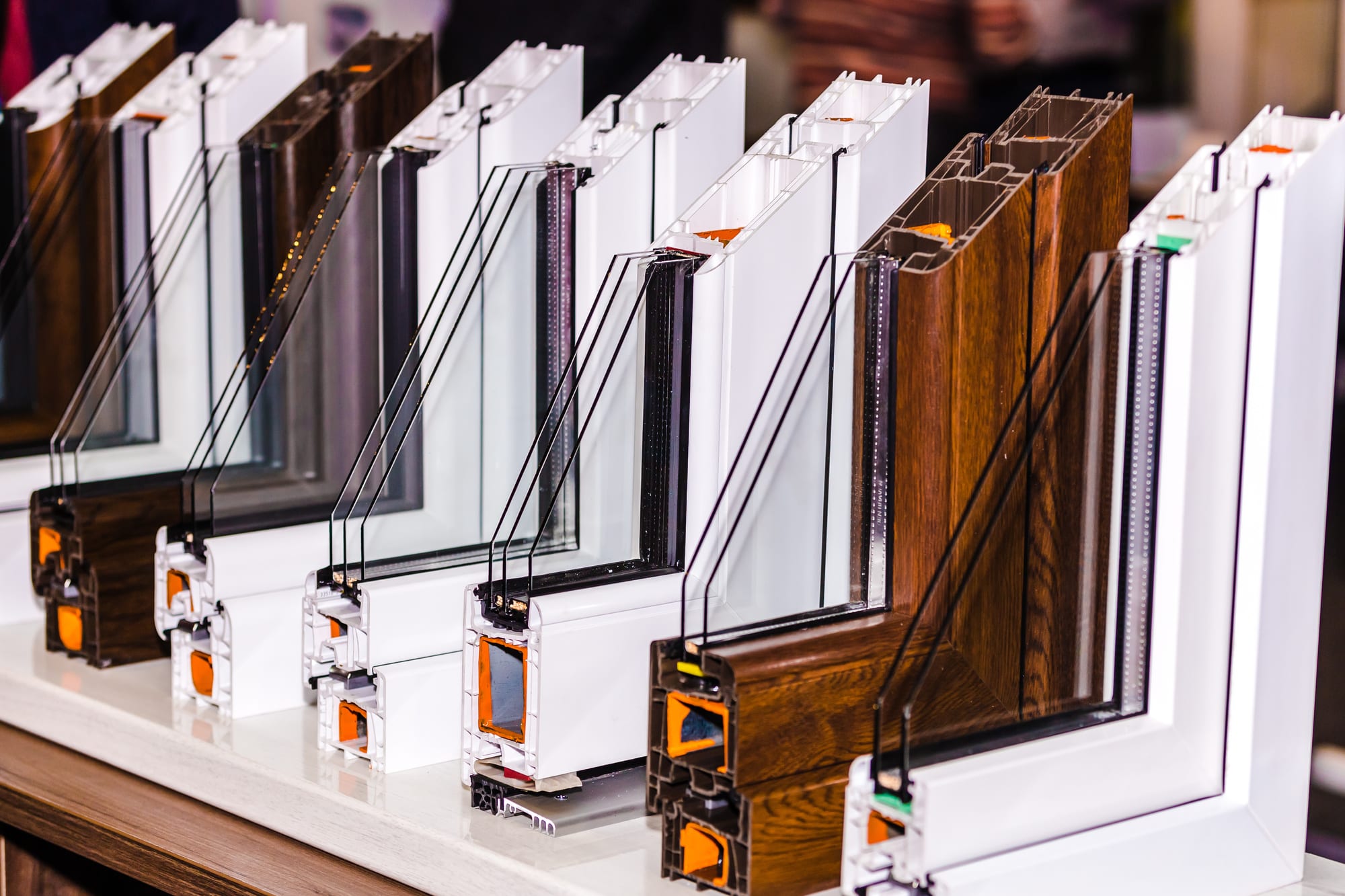All Categories
Featured
Table of Contents
Glass & Glazing - Easy Windows Upvc Double & Triple ... in Mullaloo WA
That window can transmit more solar heat in winter season than in summer season. A west-facing window on a summer season's afternoon has an angle of occurrence from near 0 up to 30 with a large effective area of solar radiation. A north-facing window, in summertime, has a high angle of incidence and a low reliable location of solar radiation, so can transmit less heat than a west-facing one.

You can rapidly and quickly enhance the thermal efficiency of your house by replacing your windows. This is among the most reliable techniques of remodelling to accomplish better thermal comfort. There are countless types of glass and frames to choose from. Selecting the right ones is essential to enhancing the energy performance of your home.
A Complete Guide To Double Glazed Windows in Champion Perth
There are lots of various kinds of glass items to select from. Single glazing utilizes a single pane of glass. Single glazing with clear glass is not really efficient when it pertains to heat loss or gain. To improve efficiency, you can use single glazing with a more energy-efficient kind of glass such as low emissivity (low-e) glass.
The energy efficiency of IGUs likewise depends on: the properties of each layer of glass. Different glass types (for example, clear and low-e glass) can be put together in an IGU.
Single Glazed Vs Double Glazed Windows - Ultimate Guide in Cottesloe Western Australia

IGU cavities can be filled with air or a more inert, low-conductivity gas such as argon the width of the cavity. Wider cavities offer lower (much better) U values, with 12mm usually accepted as the favored space how well the cavity is sealed.
If argon is installed to the cavity in location of air, wetness is reliably omitted the level of desiccant (drying agent). The spacer (metal or polymer strip) that separates the glass layers includes a desiccant to take in any wetness. Inadequate desiccant may cause wetness to condense on the glass surface in cold conditions, reducing thermal efficiency.
The Ultimate Guide To Double Glazed Windows in Sorrento Western Australia
In fact, IGUs can provide much better energy performance for all climates, especially in heated and air-conditioned homes. Cross-section detail of single, double and triple-glazing units Low emissivity glass (typically understood as low-e glass) lowers heat transfer. Low-e glass might be either high or low transmission: High transmission low-e glass has a covering that allows daytime from the sun to pass into your home to accomplish great solar heat gain, however decreases the quantity of the long wavelength infrared heat that can leave back through the window.
Low-e glass has either a pyrolytic coating or a vacuum-deposited thin film metal coating. Pyrolytic finishes are long lasting and can be used for any glazing; vacuum-deposited coverings are soft and are only utilized within IGUs. Low-e finishings can considerably improve both U value and SHGC; nevertheless, they should be utilized correctly or they will either degrade or fail to carry out as required.
Keep Cool This Summer Without Overusing Your Aircon. in Balga Perth
Low-e coatings can be used in mix with clear, toned or reflective glass. Low-e finishings on glazing can minimize heat transfer where required Photo: Department of Market, Science, Energy and Resources Toned glass has colouring ingredients consisted of during manufacture. It is offered in numerous colours, typically bronze, grey, blue and green.
Latest Posts
Diy Double Glaze in Koondoola WA
Glass Selector - Custom Single & Double Glazed ... in Midvale Perth
Does Double Glazing Keep Heat Out in Woodvale Western Australia